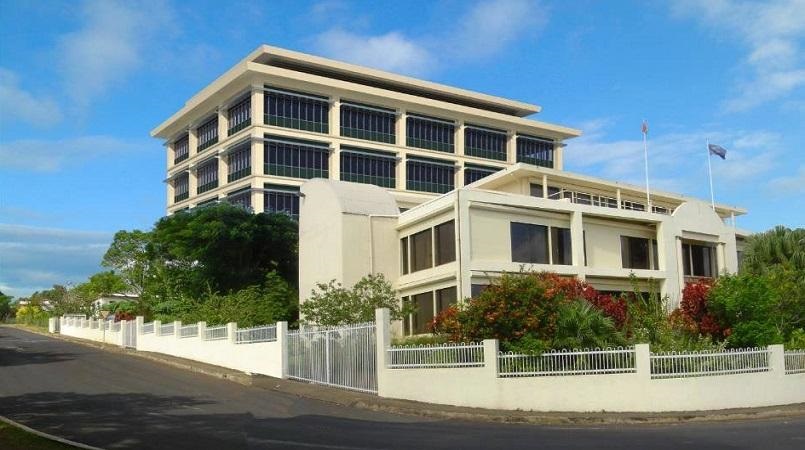
The Reserve Bank of Vanuatu (RBV), in conjunction with the World Bank and Montran Corporation, conducted a scoping mission for the proposed automated payment system at the RBV Building in Port Vila.
Montran, which won the bid to provide the infrastructure, is a New York-based company specializing in the design and implementation of global payment systems, real-time gross settlement systems (RTGS), automated clearing house systems (ACH), automated transfer systems (ATS), and central securities depository systems (CSD).
During the project scoping, Montran and the World Bank presented the product to the participants of the payment system and assessed the state of play of the payment system in Vanuatu to allow suitable tailoring of the infrastructure to the Vanuatu payment system and the needs of the participants. The system can be expanded to other non-core participants or non-bank participants, provided they meet the requirements.
The scoping completes an important phase of the project, which aims to put in place a modern automated payment system, including an RTGS in Vanuatu, and replaces the current manual payment system based on cheques and cash. The central banks of Samoa and the Solomon Islands are partners in the joint project with the World Bank and Montran, which will lift the standard of their payment and settlement systems in the region to international norms.
The automated interbank payment and settlement addresses a number of issues most notably settlement risk in Vanuatu. It will spur innovation, bring new players into the market, lead to efficiency gains and enable cost savings, greater confidence and provide a platform for other e-payments.
In the scoping mission closing remarks, Governor Simeon Athy, stated: ‘‘The project is historical and (forms part of the RBV’s) reform of the overall domestic financial system architecture (which will) deliver an effective, efficient safe and sound payment and settlement that addresses settlement risk, augment private and public confidence, and boost investment, trade and economic activity and allow greater financial inclusion.’’
He also noted that ‘‘it is important that (the commercial banks and the Government as key participants in the payment system) embrace the project to enable a smooth interface and straight–through processing (STP) be able to take place’’.
The project requires a new payment system act which is currently being put to Parliament. Policies and regulations to give effect to the act will then be developed. The act will empower the RBV to oversee the interbank payment system in Vanuatu as there was no separate payment system law in the past. The payment infrastructure will be housed at the RBV.
The infrastructure includes an automated transfer system, which comprises of an automated clearing house systems, real time gross settlement system and central securities depository systems.
Photo supplied Caption: Reserve Bank of Vanuatu
